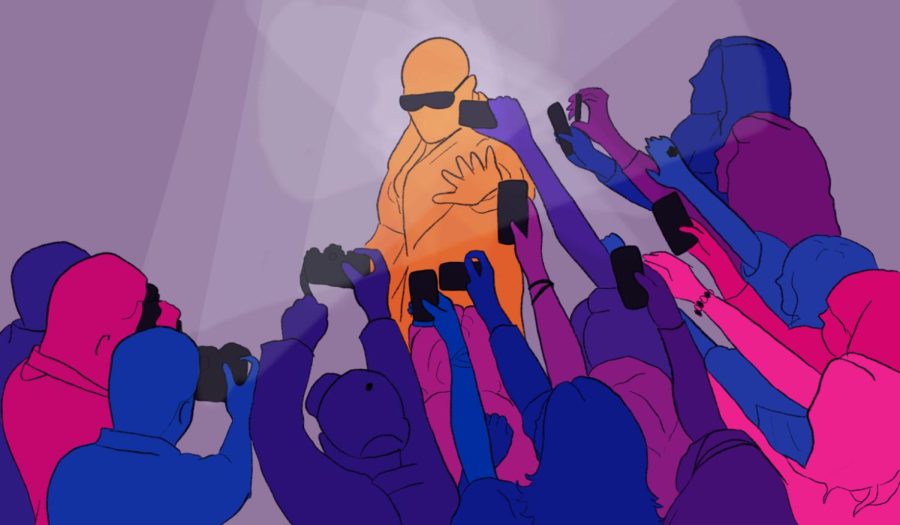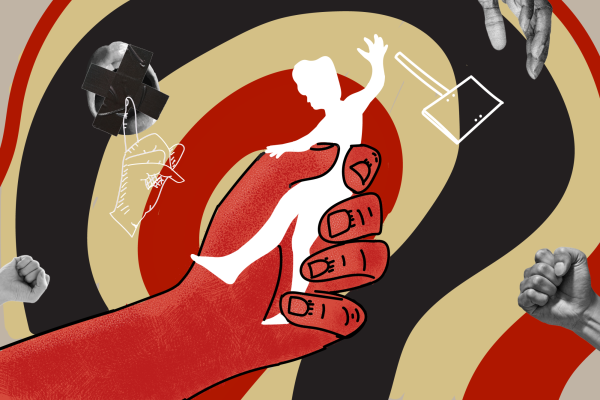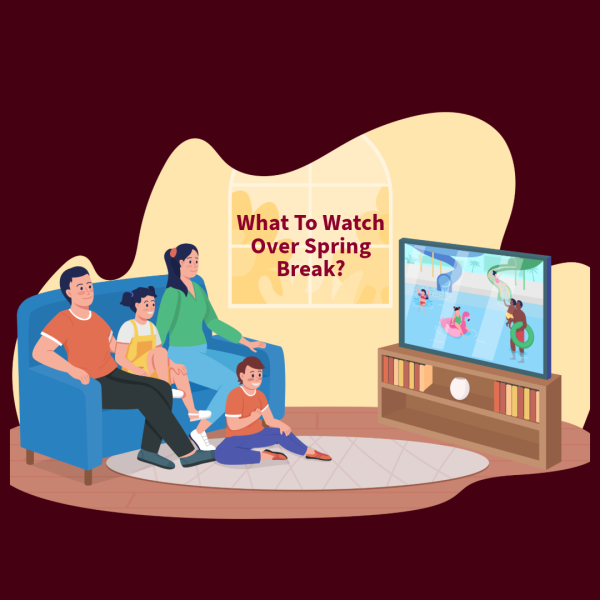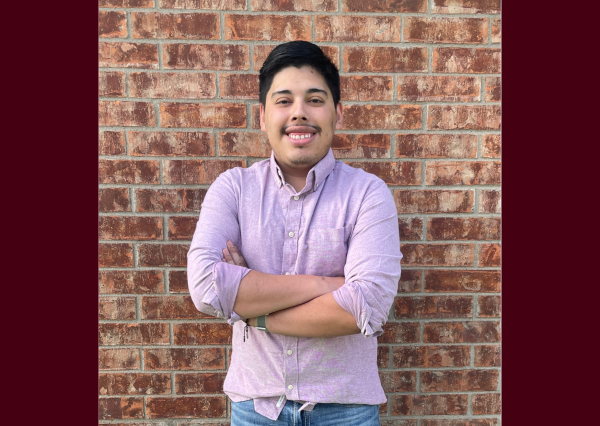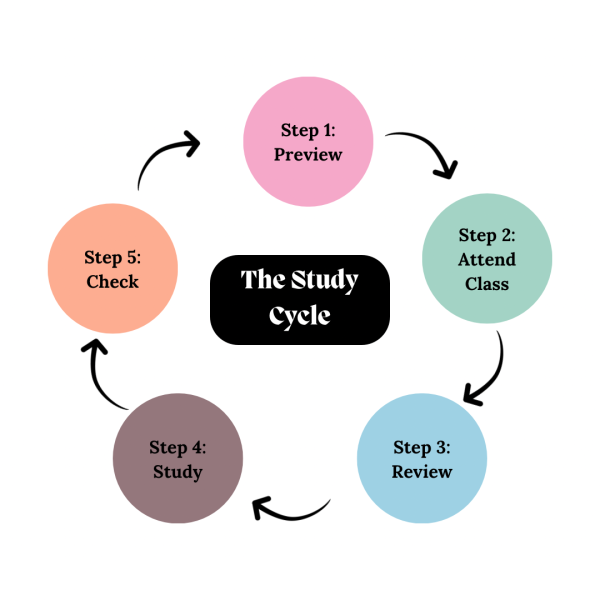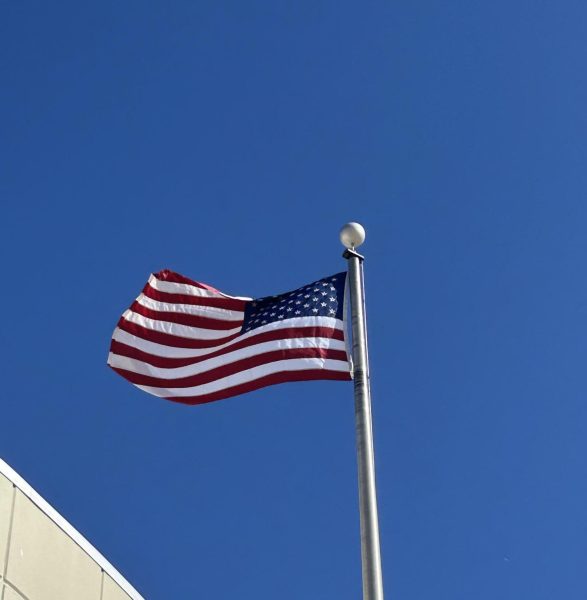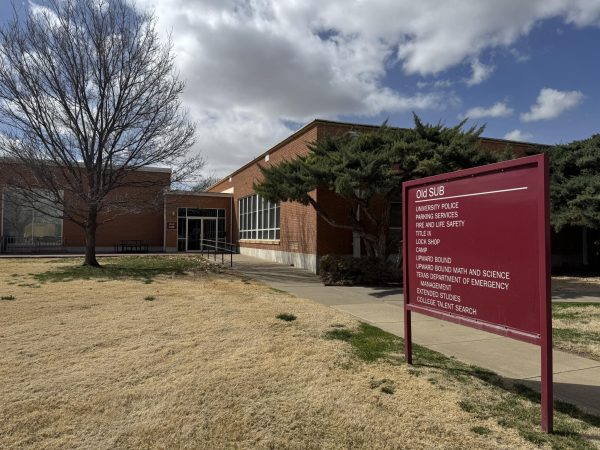Opinion: Media’s influence on celebrities
“Famous person surrounded by paparazzi.”
The Prairie News is a student-led free press. All opinions expressed herein are solely those of the writer and not those of WTAMU.
Movies and tv shows have become the most popular form of entertainment in our society. As the film industry has developed into a global sensation, the drama and influence of the public can be undeniably brutal. With famous people making names for themselves through acting, the public has negatively influenced their lives, especially those who play queer roles.
Society tends to idolize celebrities due to their seemingly successful life. There is something about seeing celebrities’ lifestyles, large paychecks, talent, beauty and on the path of success, they stop feeling ordinary to the public.
Due to feeling like celebrities contrast a “normal” life, society tends to divulge their lives and have become fixated on following every detail and aspect of their lives. While it can seem harmless, the obsession with knowing a famous person’s life has quickly become detrimental to those who are famous.
It all begins to start simple. Purchasing a product on social media turns into following their relationship. We do this almost as if celebrities are not role models, but knowing their lives is fascinating. It gets worse when assumptions and false news are spread about them.
One of the most common things among the world of famous people is celebrity breakdowns. Unfortunately, it is not a foreign concept. Diving into the lives of others can be tormenting to them. Gossip is known as talking in depth about other people that are usually untrue but can be true.
Talking about someone’s life can send them into a world of hurt and damage to their mental health. There have been several breakdowns among celebrities for a series of unfortunate events due to public gossip. Some of the most renowned celebrity breakdowns include Britney Spears, Justin Bieber and Amanda Bynes.
Another part of the media’s negativity toward celebrities is navigating their sexual orientation or values. Whether it is an actor or actress, if the person portrays a queer role, the media quickly go online to figure out their preferences. Unfortunately, in some instances, the media’s bullying can out can out queer actors and actresses. Just because someone portrays a queer role does not necessarily define their orientation. The media makes assumptions that are damaging.
A recent instance of feeling forced out is from a lead actor in a recent show, “Heartstopper.” The show follows two teenagers, Nick and Charlie, who discover their unlikely friendship might be something more. With the significant popularity of the coming-of-age show, the public began discussing if the two lead actors, Kit Connor (Nick) and Joe Locke (Charlie), are queer in real life.
Due to the gossip, Connor took time away from social media until his recent Twitter post stating, “Back for a minute. I’m bi. Congrats on forcing an 18-year-old to out himself. I think some of you missed the point of the show. Bye.”
Being a part of the public eye is already full of challenges. Think about it; famous people are constantly watched on their every move. So, when you add false information about yourself into the mixture, the challenges worsen.
It does not matter whether it is true or false or if it is someone you know or a famous person; talking about other people’s lives is insincere. Be mindful of other people’s lives. You never know what someone is facing under the surface.



